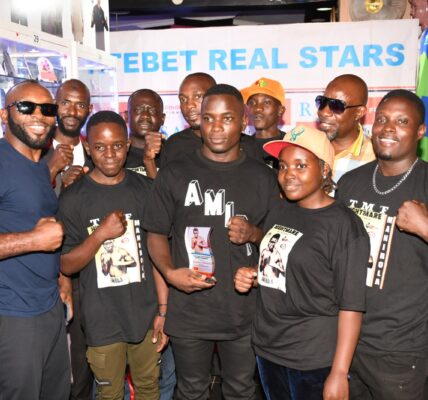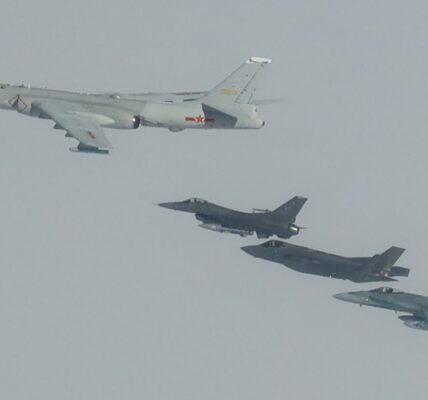In the intricate tapestry of Ugandan politics and entertainment, a recent clash between musician-cum-politician Bobi Wine and fellow artist Gravity Omutujju has highlighted the delicate balance between creative expression and political influence.
Bobi Wine, a prominent figure in Ugandan politics known for his advocacy for social change and human rights, has found himself at the center of controversy once again, this time for his involvement in the removal of Gravity’s latest song from YouTube. Titled “Doboozi Lya Mutuuze,” the song, released by Gravity just five days prior, quickly garnered attention for its candid commentary on societal issues, particularly addressing themes of greed and corruption.
However, the song’s journey was abruptly cut short when it was removed from YouTube due to a copyright claim filed by Bobi Wine. According to the notice received by Gravity, the claim cited copyright infringement, specifically referencing Bobi Wine’s track “Kiwaani” as the source of the contested content. This move by Bobi Wine has sparked a heated debate within the Ugandan music industry and beyond, with many questioning the motivations behind the removal of Gravity’s song.
Gravity, whose real name is Gereson Wabuyi, wasted no time in expressing his dismay over the removal of his song. Taking to social media, he questioned the moral authority of Bobi Wine, particularly in light of his reputation as a human rights activist. Gravity’s frustration is palpable as he points out what he perceives as a double standard, noting instances where Bobi Wine himself has reportedly reworked songs produced by other artists without facing similar repercussions.
The incident has reignited discussions about the power dynamics at play when artists venture into the realm of political commentary. Gravity’s song, with its unapologetic critique of societal issues, represents a form of artistic expression that is often seen as essential to the role of musicians in shaping public discourse. However, the swift removal of the song raises concerns about the extent to which political figures can influence the freedom of expression within the artistic community.
Moreover, the incident has broader implications for the Ugandan music industry as a whole. It underscores the challenges faced by artists who seek to address pressing social issues through their music, particularly when their message conflicts with the interests of those in positions of power. The removal of Gravity’s song serves as a stark reminder of the risks involved in speaking truth to power in a country where political dissent is often met with censorship and reprisal.
On a deeper level, the incident speaks to the complexities of navigating the intersection of art and politics in contemporary society. Gravity’s ordeal highlights the inherent tension between artistic freedom and political sensitivities, raising important questions about the role of artists in challenging the status quo and advocating for social change.
In the aftermath of the controversy, Gravity has vowed to continue using his platform to address important social issues, undeterred by the attempts to silence his voice. His resilience serves as a testament to the power of music as a tool for social mobilization and resistance against oppression.
Ultimately, the clash between Bobi Wine and Gravity underscores the enduring struggle for creative autonomy in the face of political interference. As artists continue to navigate the complex terrain of art and politics, their ability to speak truth to power remains as vital as ever, reminding us of the transformative potential of music as a force for social justice and change.






